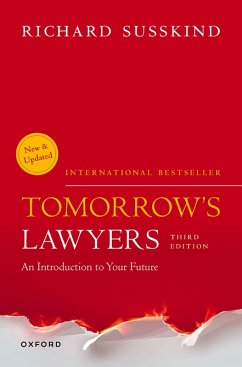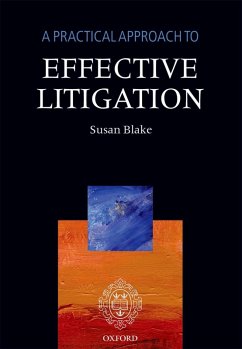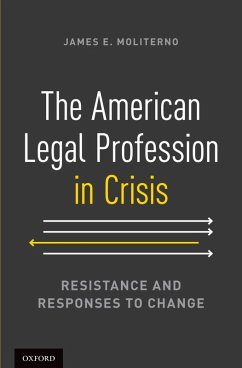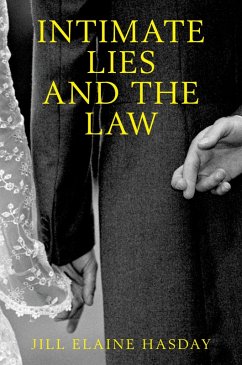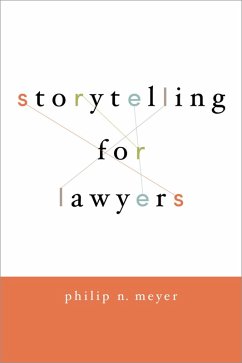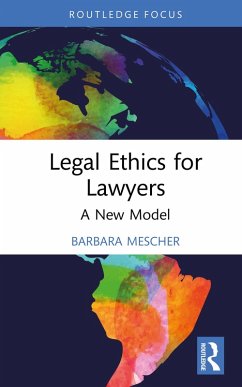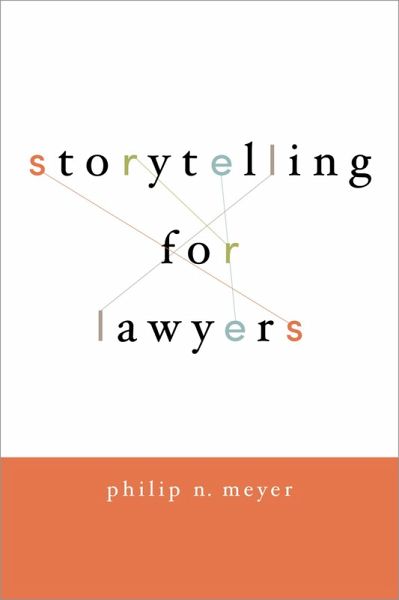
Storytelling for Lawyers (eBook, ePUB)

PAYBACK Punkte
7 °P sammeln!
Good lawyers have an ability to tell stories. Whether they are arguing a murder case or a complex financial securities case, they can capably explain a chain of events to judges and juries so that they understand them. The best lawyers are also able to construct narratives that have an emotional impact on their intended audiences. But what is a narrative, and how can lawyers go about constructing one? How does one transform a cold presentation of facts into a seamless story that clearly and compellingly takes readers not only from point A to point B, but to points C, D, E, F, and G as well? In...
Good lawyers have an ability to tell stories. Whether they are arguing a murder case or a complex financial securities case, they can capably explain a chain of events to judges and juries so that they understand them. The best lawyers are also able to construct narratives that have an emotional impact on their intended audiences. But what is a narrative, and how can lawyers go about constructing one? How does one transform a cold presentation of facts into a seamless story that clearly and compellingly takes readers not only from point A to point B, but to points C, D, E, F, and G as well? In Storytelling for Lawyers, Phil Meyer explains how. He begins with a pragmatic theory of the narrative foundations of litigation practice and then applies it to a range of practical illustrative examples: briefs, judicial opinions and oral arguments. Intended for legal practitioners, teachers, law students, and even interdisciplinary academics, the book offers a basic yet comprehensive explanation of the central role of narrative in litigation. The book also offers a narrative tool kit that supplements the analytical skills traditionally emphasized in law school as well as practical tips for practicing attorneys that will help them craft their own legal stories.
Dieser Download kann aus rechtlichen Gründen nur mit Rechnungsadresse in A, B, BG, CY, CZ, D, DK, EW, E, FIN, F, GR, HR, H, IRL, I, LT, L, LR, M, NL, PL, P, R, S, SLO, SK ausgeliefert werden.






